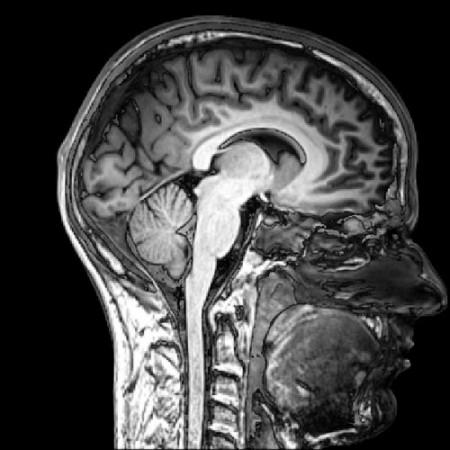
Certain medications used to treat depression may hold promise for Alzheimer's disease, latest research shows.
Citalopram, an antidepressant belonging to the class of medications known as selective serotonin reuptake inhibitor (SSRI), was found highly effective in preventing accumulation of amyloid beta (the toxic proteins responsible for the brain disease) on the brain.
Amyloid beta is found in the fatty membrane surrounding the nerve cells and is produced during normal brain activity. Though these wastes and toxins gets cleared in healthy individuals, in some older people, due to various reasons, these proteins builds up into plaques, according to the Alzheimer's Association.
Development of the protein plaques and tangles in the brain has long been known to damage and kill brain cells; destroy memory and affect other important functions of the brain, including thinking, communication and behaviour.
In the new study, scientists from the Washington University and University of Pennsylvania in the US, found that citalopram was effective in preventing growth of the plaques in both animals and humans.
Researchers based their findings on a 2011 study they conducted on young mice that were genetically altered to develop the brain disease. They found that a single dose of the antidepressant was enough to reduce amyloid beta production by 25 percent.
The new study, on the other hand, concentrated on older mice with advanced stage of the disease. Unlike the previous group, the old group was affected with brain plaques. Using two-photon imaging, researchers monitored progression of plaques in the rodents. Results showed that the medication prevented development of new plaques (78 percent) and also stopped growth of the existing plaques.
In the human trial, 23 people aged between 18 and 50 received 60 mg of the antidepressant citalopram. A spinal fluid test showed that a single dose of the medication helped to achieve 37 percent reduction in the protein production.
The study, published in Science Translational Medicine, on Wednesday, 14 May, has already become a source of concern among health experts. According to them, patients should not take the antidepressant without consulting doctors, as the high dosage involved in the study can do more harm than good.
"People should not start popping citalopram or other antidepressants in the expectation that they will prevent Alzheimer's disease," Alzheimer's specialist Dr Lon Schneider of USC told Los Angeles Times. "They could be doing some substantial harm."
Apart from that, a study that appeared in the journal JAMA early this year showed that a daily dose of 30 mg citalopram helped manage agitation in older patients with Alzheimer's disease, but was associated with an increased risk of cardiac events and worsened cognitive decline.









